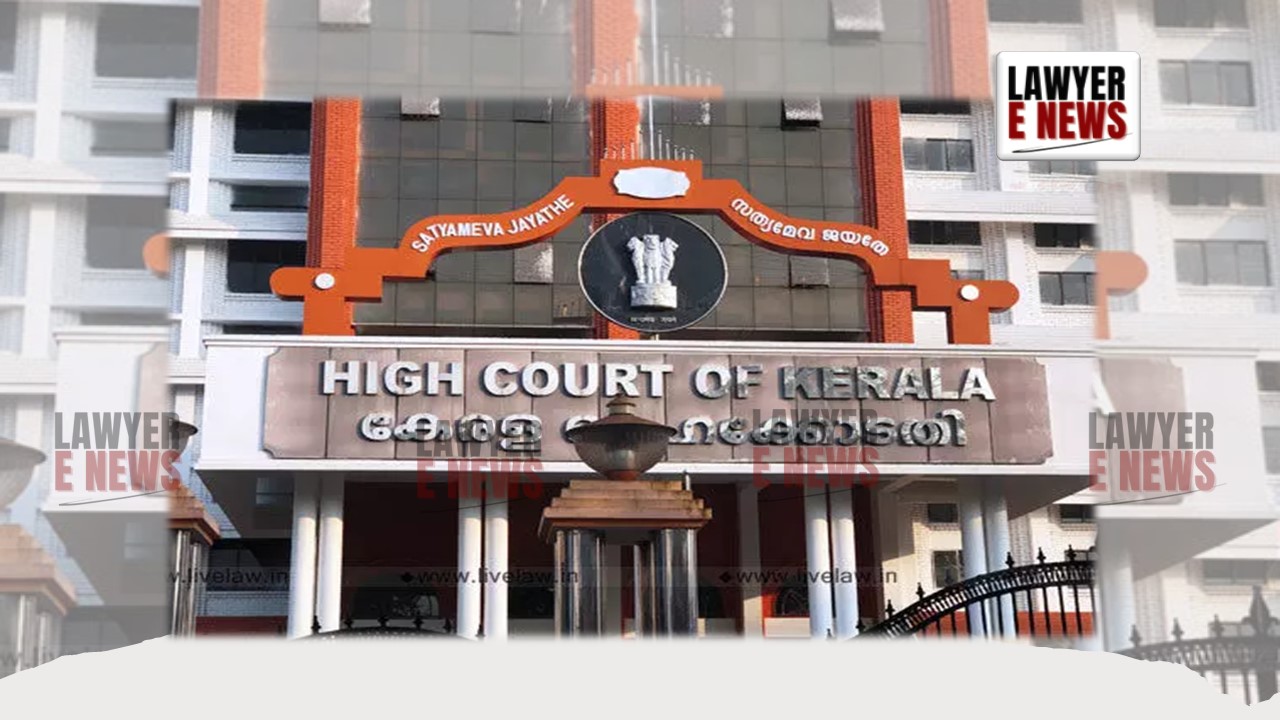-
by Admin
15 February 2026 5:35 AM



On 25th September 2024, the Kerala High Court, presided over by Justice C. Pratheep Kumar, dismissed a second appeal in Abdul Rahiman V.K. v. Sebiyulla. The case addressed whether the plaintiff's failure to seek cancellation of a registered sale deed under Section 31 of the Specific Relief Act, 1963 was fatal to the suit. The Court held that the absence of a prayer for cancellation was not detrimental to the plaintiff’s case, as the sale deed was a sham document intended only as security for a chitty payment.
The plaintiff, Sebiyulla, joined a chitty run by the defendant, Abdul Rahiman V.K., and executed a sale deed in favor of the defendant as security for prompt repayment of chitty installments. The plaintiff claimed the deed was never intended to transfer title and sought a declaration that the sale deed was a security transaction. The defendant contended that the sale deed was valid and claimed full title to the property. The trial court dismissed the suit, but the first appellate court reversed the decision, leading to this second appeal.
The key issue before the Kerala High Court was whether the plaintiff's failure to seek cancellation of the sale deed under Section 31 of the Specific Relief Act was fatal to the case. The defendant argued that the absence of such a prayer precluded the plaintiff from succeeding. However, the Court noted that the plaintiff did not allege the sale deed was void or voidable, but only that it was a sham transaction executed as security.
Section 31 of the Specific Relief Act, 1963: This provision allows a party to seek the cancellation of a document that is void or voidable. The Court observed that the plaintiff’s case was based on the assertion that the deed was not void but simply a security arrangement.
Section 34 of the Specific Relief Act, 1963: The plaintiff sought a declaration under this section, which permits suits for the declaration of a party’s legal status or right concerning property. The Court held that a prayer for declaration sufficed in this case since the plaintiff only sought to establish the nature of the sale deed and did not require the cancellation of a valid document.
The Kerala High Court confirmed that the sale deed, despite being a registered document, was rebutted by strong evidence proving it was a sham transaction intended as security for chitty installments.
Presumption of Validity of Registered Sale Deeds Rebutted: The Court acknowledged that a registered sale deed generally carries a presumption of validity but held that the defendant failed to prove the payment of consideration or intent to transfer title. As a result, the presumption was rebutted.
Oral Evidence Admissible: Relying on precedents, including George v. Annakutty and Thankachan v. Gireesh Kumar, the Court affirmed that oral evidence is admissible to prove a document is a sham and was not intended to be acted upon. The Court cited that "it is open to a party to contend that a document executed by him purporting to be a sale deed is only a fictitious or nominal transaction."
Defendant's Inconsistent Claims: The Court noted the defendant's contradictory defenses, including claims made in an eviction suit where the defendant argued the plaintiff continued to live on the property with permission, further weakening the defendant’s credibility. These inconsistencies supported the plaintiff's assertion that the sale deed was not intended to transfer title.
No Need for Cancellation of the Deed: Since the plaintiff successfully demonstrated that the sale deed was a sham and never intended to convey ownership, the Court held that a declaration was sufficient, and there was no need for a reconveyance prayer.
The Kerala High Court dismissed the second appeal, affirming the first appellate court's ruling that the sale deed was a sham document intended only as security. The absence of a prayer for cancellation did not bar the plaintiff’s claim, and the suit for a declaration was deemed maintainable. No costs were awarded.
Date of Decision: 25th September 2024
Abdul Rahiman V.K. v. Sebiyulla
